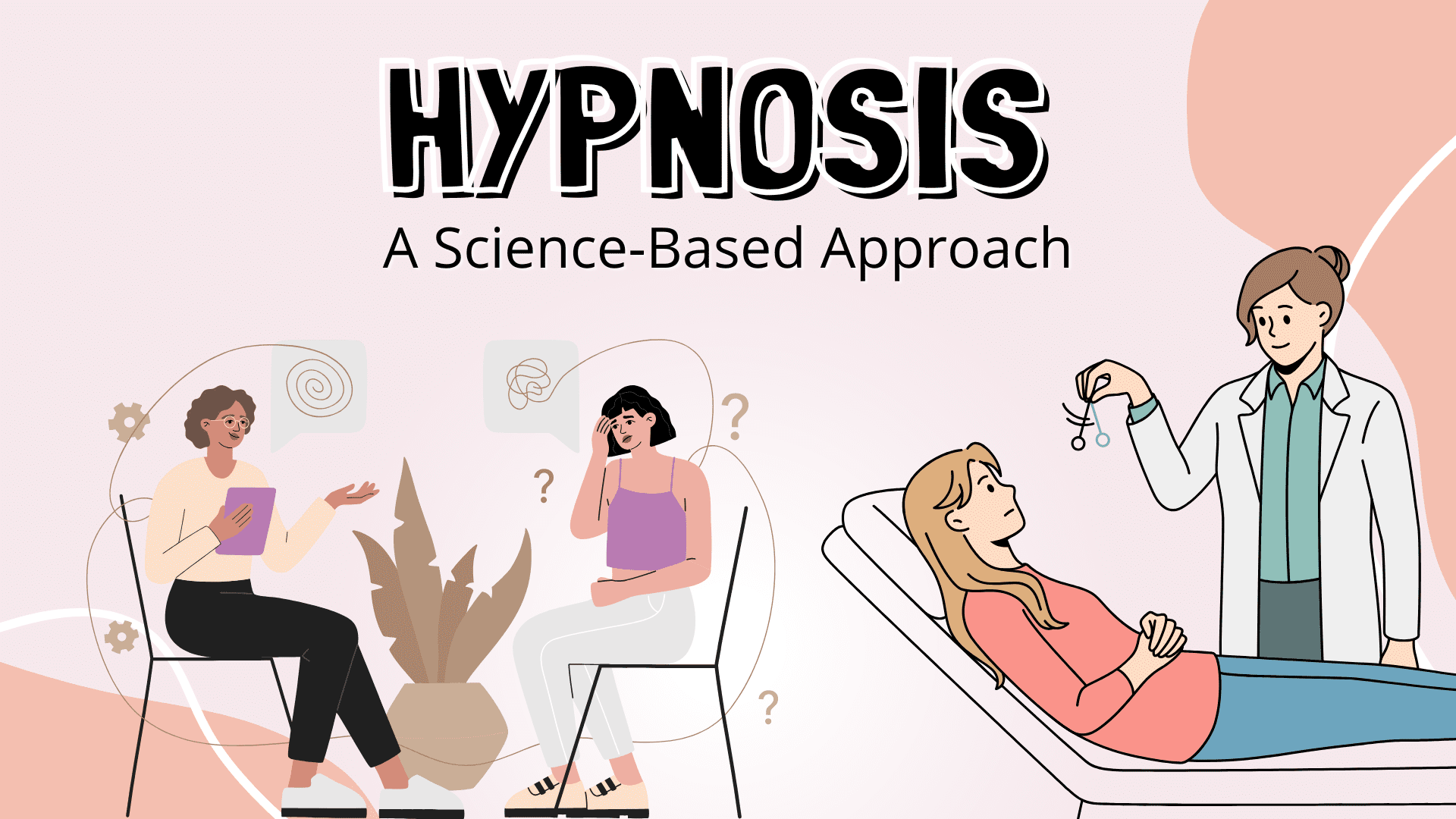Hypnosis has long been always misunderstood, often put down to the realm of myths, misconceptions, and stage performances. However, hypnosis is far more than entertainment—it is a scientifically supported practice that taps into the subconscious mind to promote healing and transformation. By addressing deep-seated issues such as anxiety, childhood trauma, and self-limiting beliefs, hypnosis offers a pathway to profound personal change.
Table of Contents
While you are reading this, we’ll explore hypnosis through a science-based lens, uncover its benefits, and discuss its practical applications. We’ll also highlight the expertise of Ameenah Thobani, an award-winning Clinical Hypnotherapist and RTT Therapist, who has successfully transformed the lives of over 950+ clients through her practice, Positive Enlightenment.
What Is Hypnosis?
Hypnosis is a state of focused attention and heightened suggestibility. During hypnosis, individuals experience a deep sense of relaxation, allowing access to their subconscious mind. This state enables them to address deeply rooted thoughts, emotions, and behaviors that may otherwise be challenging to confront.
Scientific studies reveal that hypnosis activates specific areas of the brain, including the anterior cingulate cortex and the thalamus, which are associated with attention and control. Contrary to popular belief, hypnosis is not a state of sleep or mind control—it is a collaborative process between the hypnotherapist and the individual.
The Science Behind Hypnosis
Hypnosis is supported by a growing body of scientific evidence that demonstrates its efficacy in addressing various physical and mental health concerns. Brain imaging studies, such as functional MRI (fMRI) scans, show that hypnosis influences brain activity in areas related to pain perception, memory, and emotional regulation.
By working with the subconscious mind, hypnosis provides access to a level of self-awareness and change that is difficult to achieve through traditional methods alone. Professionals like Ameenah Thobani use scientifically proven techniques to help clients uncover the root causes of their struggles and achieve profound transformation.
Benefits of Hypnosis
Hypnosis offers numerous benefits, including:
• Healing Childhood Trauma: Hypnosis provides a safe environment to process and reframe unresolved childhood trauma, promoting emotional healing.
• Anxiety Relief: Hypnosis helps reduce stress, address anxiety triggers, and build coping mechanisms.
• Behavioral Change: Hypnosis can aid in breaking habits such as smoking or overeating by reprogramming subconscious behaviors.
• Pain Management: Studies show hypnosis can alter the brain’s perception of pain, making it an effective tool for chronic conditions.
Who Can Benefit from Hypnosis?
Hypnosis is suitable for individuals struggling with anxiety, childhood trauma, PTSD, phobias, and negative habits. Its versatility makes it a valuable tool for anyone seeking personal growth and emotional well-being.
Ameenah Thobani: Your Expert Guide
At Positive Enlightenment, Ameenah Thobani specializes in healing emotional wounds through clinical hypnotherapy and RTT therapy. With a 96% success rate and recognition as the Best Hypnotherapy Business of 2023/2024, her programs—Transformation 90, Past Life Portal, and Revive 90—are tailored to help clients break free from limiting beliefs.
Conclusion
Hypnosis is a science-based approach to healing and transformation. With expert guidance from professionals like Ameenah Thobani, clients can access their subconscious mind to overcome challenges, heal from trauma, and unlock their true potential.
Start your journey today by booking a free 30-minute consultation.
FAQs
1. Is hypnosis safe for everyone?
Yes, but individuals with severe mental health conditions should consult a medical professional before trying hypnosis.
2. How long do hypnosis sessions last?
Typically, sessions last 60 to 90 minutes, depending on individual needs.
3. Can hypnosis help with chronic pain?
Yes, hypnosis is effective for managing chronic pain by altering the brain’s perception of discomfort.
4. How does hypnosis differ from meditation?
While both involve relaxation, hypnosis is goal-oriented and guided by a therapist, whereas meditation focuses on mindfulness.
5. Can you be hypnotized against your will?
No, hypnosis requires the individual’s active willingness and cooperation.
Do check our latest collection!
GET IN TOUCH

